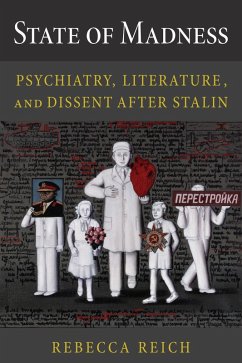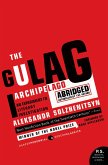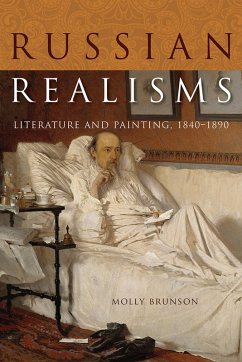What madness meant was a fiercely contested question in Soviet society. State of Madness examines the politically fraught collision between psychiatric and literary discourses in the years after Joseph Stalin's death. State psychiatrists deployed set narratives of mental illness to pathologize dissenting politics and art. Dissidents such as Aleksandr Vol'pin, Vladimir Bukovskii, and Semen Gluzman responded by highlighting a pernicious overlap between those narratives and their life stories. The state, they suggested in their own psychiatrically themed texts, had crafted an idealized view of reality that itself resembled a pathological work of art. In their unsanctioned poetry and prose, the writers Joseph Brodsky, Andrei Siniavskii, and Venedikt Erofeev similarly engaged with psychiatric discourse to probe where creativity ended and insanity began. Together, these dissenters cast themselves as psychiatrists to a sick society. By challenging psychiatry's right to declare them or what they wrote insane, dissenters exposed as a self-serving fiction the state's renewed claims to rationality and modernity in the post-Stalin years. They were, as they observed, like the child who breaks the spell of collective delusion in Hans Christian Andersen's story "The Emperor's New Clothes." In a society where normality means insisting that the naked monarch is clothed, it is the truth-teller who is pathologized. Situating literature's encounter with psychiatry at the center of a wider struggle over authority and power, this bold interdisciplinary study will appeal to literary specialists; historians of culture, science, and medicine; and scholars and students of the Soviet Union and its legacy for Russia today.
Dieser Download kann aus rechtlichen Gründen nur mit Rechnungsadresse in A, D ausgeliefert werden.









